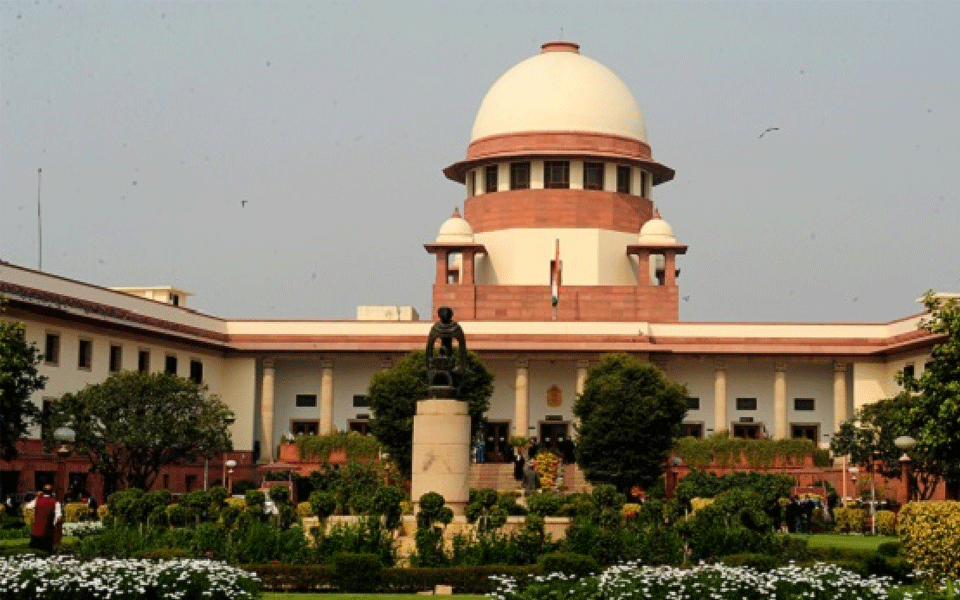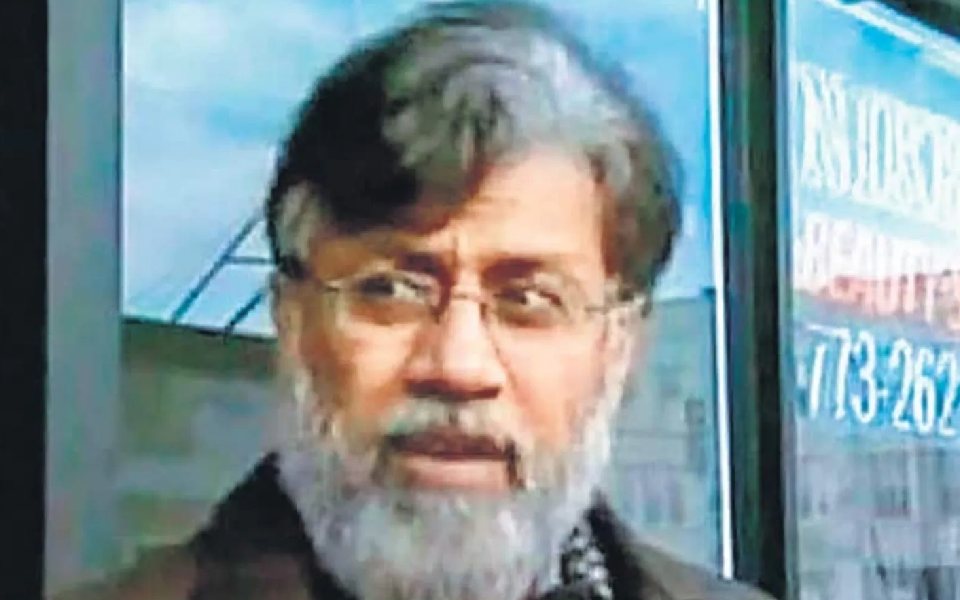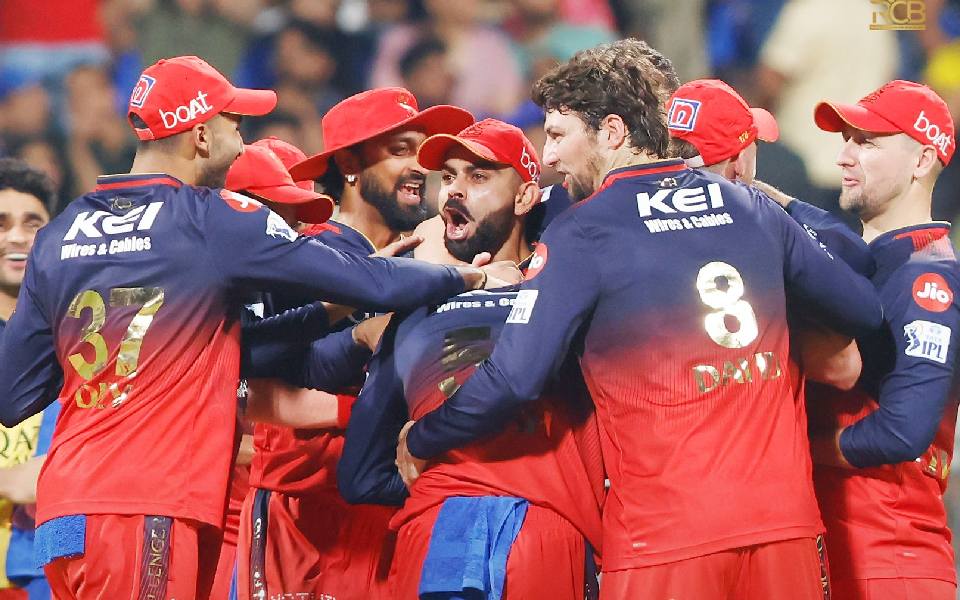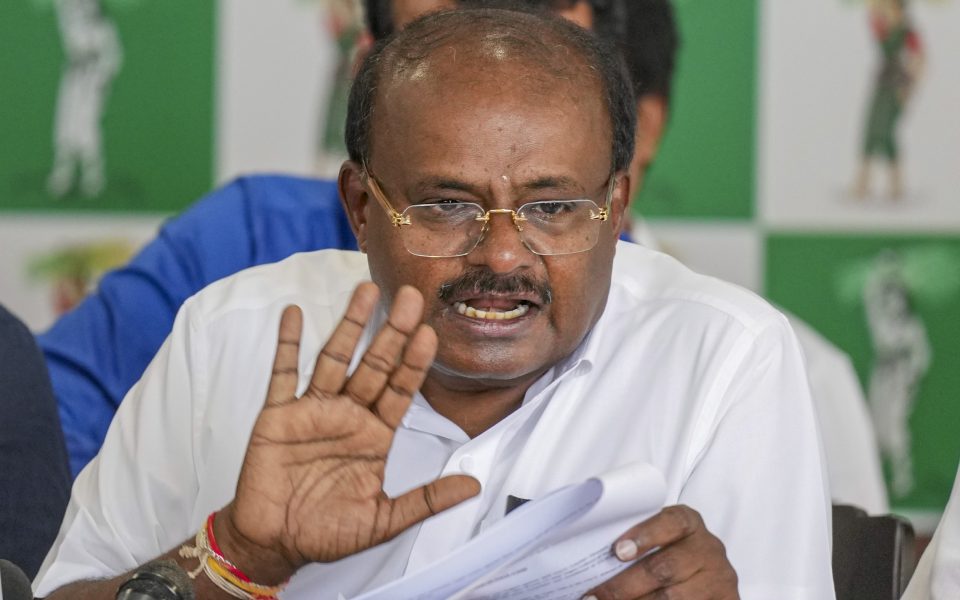New Delhi, Sep 7 : The Supreme Court on Friday sought assistance of Attorney General K.K. Venugopal in the hearing of a petition by a Trinmool Congress leader questioning the move by Unique Identification Authority of India (UIDAI) to create a social media wing to identify "top detractors" and "neutralise negative sentiments" in relation to Aadhaar.
Directing the listing of the matter on September 11, the bench of Chief Justice Dipak Misra, Justice A.M. Khanwilkar ande Justice D.Y. Chandrachud sought the assistance of Attorney General K.K.Venugopal. The court recalled that government had aborted the similar attempt earlier to create social media hub under the I&B Ministry.
Senior counsel Abhishek Manu Singhvi appearing for TMC lawmaker in he West Bengal asembly Mauha Moitra told the bench that it was a new move, prompting the bench to observe that what they could not do directly was sought to be done indirectly.
Last month the Centre abandoned its plan to set up a Social Media Communication Hub (SMCH) to track and monitor these platforms to identify "buzz creators" in all the districts across the country.
In the hearing of the earlier plea of Moitra on July 13, Justice Chandrachud had said, "If every tweet, WhatsApp (message) is monitored, we'll be moving towards a surveillance state."
"Despite the fact that the constitutional validity of the entire Aadhaar scheme is under challenge and its fate is to be decided by the top court, the respondents have issued the impugned RFP (request for proposal) to identify "top detractors" and "neutralise negative sentiments" the petitionA by Moitra said.
Moitra has claimed that the RFP has sought offers from those who had the capability to listen in and "identify problematic online conversations" and "neutralise negative sentiments".
"It is therefore clear that the respondents have no respect or regard for the proceedings before this court", the petition says that it amounts to infringement of the right to privacy of an individual.
Let the Truth be known. If you read VB and like VB, please be a VB Supporter and Help us deliver the Truth to one and all.
New York, Apr 7 (PTI): The US Supreme Court has rejected 26/11 Mumbai terror attack accused Tahawwur Rana's appeal seeking a stay on his extradition to India, moving him closer to being handed over to Indian authorities to face justice.
Rana, 64, a Canadian national of Pakistani origin, is currently lodged at a metropolitan detention centre in Los Angeles.
He is known to be associated with Pakistani-American terrorist David Coleman Headley, one of the main conspirators of the 26/11 attacks. Headley conducted a recce of Mumbai before the attacks by posing as an employee of Rana’s immigration consultancy.
Rana had submitted an ‘Emergency Application For Stay Pending Litigation of Petition For Writ of Habeas Corpus' on February 27, 2025, with Associate Justice of the Supreme Court of the United States and Circuit Justice for the Ninth Circuit Elena Kagan.
Kagan had denied the application earlier last month.
Rana had then renewed his ‘Emergency Application for Stay Pending Litigation of Petition for Writ of Habeas Corpus previously addressed to Justice Kagan’, and requested that the renewed application be directed to US Chief Justice John Roberts.
An order on the Supreme Court website noted that Rana's renewed application had been “distributed for Conference” on April 4 and the “application” has been “referred to the Court.”
A notice on the Supreme Court website Monday said that “Application denied by the Court.”
Rana was convicted in the US of one count of conspiracy to provide material support to the terrorist plot in Denmark and one count of providing material support to Pakistan-based terrorist organisation Lashker-e-Taiba which was responsible for the attacks in Mumbai.
New York-based Indian-American attorney Ravi Batra had told PTI that Rana had made his application to the Supreme Court to prevent extradition, which Justice Kagan denied on March 6. The application was then submitted before Roberts, “who has shared it with the Court to conference so as to harness the entire Court’s view.”
The Supreme Court justices are Associate Justice Clarence Thomas, Associate Justice Samuel A. Alito, Jr., Associate Justice Sonia Sotomayor, Associate Justice Elena Kagan, Associate Justice Neil M. Gorsuch, Associate Justice Brett M. Kavanaugh, Associate Justice Amy Coney Barrett, and Associate Justice Ketanji Brown Jackson.
In his emergency application, Rana had sought a stay of his extradition and surrender to India pending litigation (including exhaustion of all appeals) on the merits of his February 13.
In that petition, Rana argued that his extradition to India violates US law and the UN Convention Against Torture "because there are substantial grounds for believing that, if extradited to India, the petitioner will be in danger of being subjected to torture."
"The likelihood of torture in this case is even higher though as petitioner faces acute risk as a Muslim of Pakistani origin charged in the Mumbai attacks,” the application said.
The application also said that his “severe medical conditions” render extradition to Indian detention facilities a “de facto" death sentence in this case.
The US Supreme Court denied Rana's petition for a writ of certiorari relating to his original habeas petition on January 21. The application notes that on that same day, newly-confirmed Secretary of State Marco Rubio had met with External Affairs Minister S Jaishankar.
When Prime Minister Narendra Modi arrived in Washington on February 12 to meet with Trump, Rana’s counsel received a letter from the Department of State, stating that “on February 11, 2025, the Secretary of State decided to authorise” Rana’s "surrender to India,” pursuant to the “Extradition Treaty between the United States and India”.
Rana’s Counsel requested from the State Department the complete administrative record on which Secretary Rubio based his decision to authorize Rana’s surrender to India.
The Counsel also requested immediate information of any commitment the United States has obtained from India with respect to Rana’s treatment. “The government declined to provide any information in response to these requests,” the application said.
It added that given Rana’s underlying health conditions and the State Department’s findings regarding the treatment of prisoners, it is very likely “Rana will not survive long enough to be tried in India".
During a joint press conference with Prime Minister Modi in the White House in February, President Donald Trump announced that his administration has approved the extradition of "very evil" Rana, wanted by Indian law enforcement agencies for his role in the 26/11 Mumbai terror attacks, "to face justice in India”.
A total of 166 people, including six Americans, were killed in the 2008 Mumbai terror attacks in which 10 Pakistani terrorists laid a more than 60-hour siege, attacking and killing people at iconic and vital locations in Mumbai.





